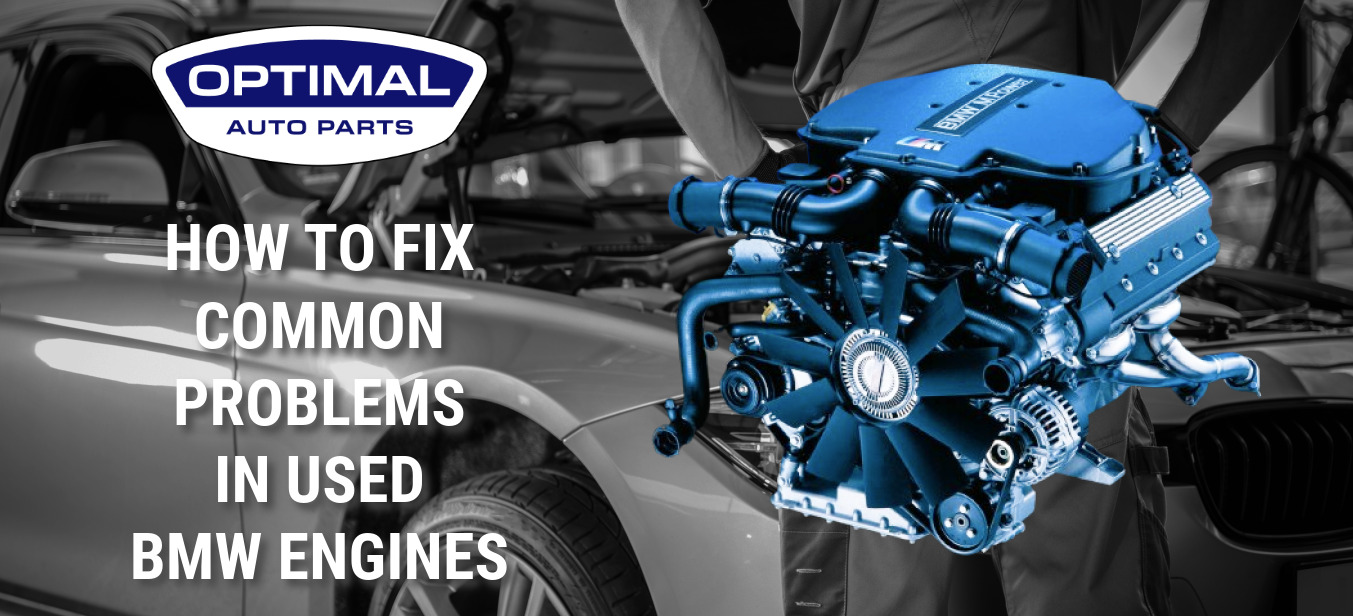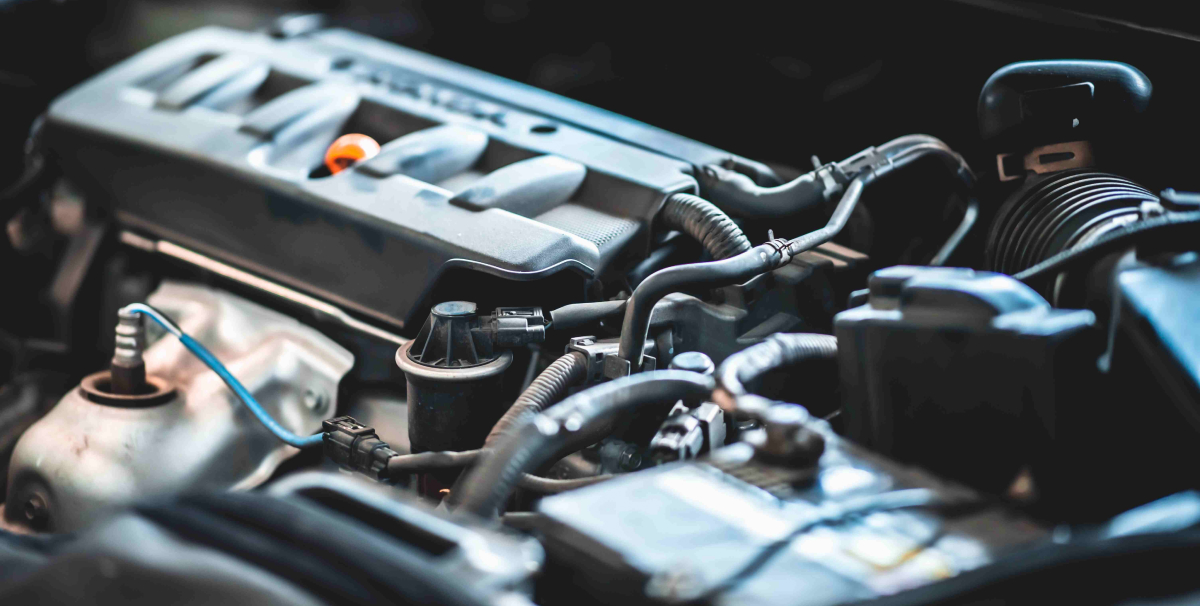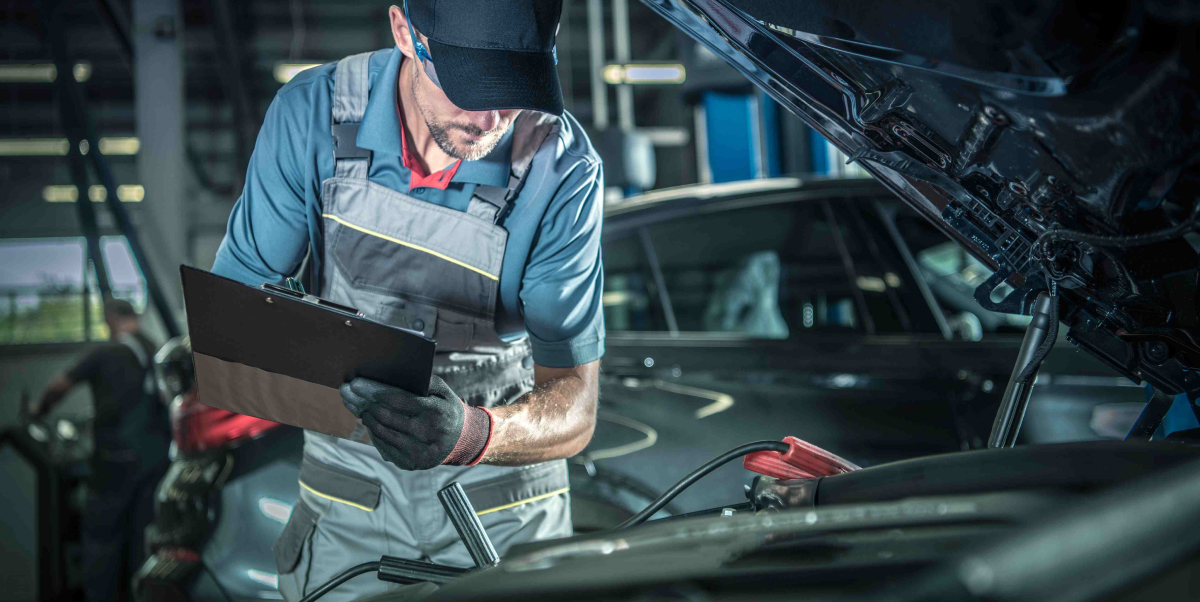Used BMW Engines: Common Problems and Expert Guide on How to Fix Them

BMWs are best known for their performance, luxury, and engineering features. But their engine conditions are also essential while purchasing a used BMW engine since these aspects can contribute much to the overall performance and reliability of the car. Used engines may face many challenges. Several defects occur in Used BMW engines. There are many common issues with which they are accompanied, and professional hints on how to deal with and cure them will be discussed here.
Ready to find the perfectly used BMW engine at the best price?
Oil Leaks
The most common problem that may occur in a used BMW engine is the oil leak. It may occur due to one or more common reasons: Gaskets, seals, or damaged oil lines. Along with reducing the depreciation of engine performance, if it is left unattended for a longer time, then it can cause harm to the engine.
How to Fix:
-
Inspection:
First, inspect oil spots under your car and check for oil levels regularly.
-
Gasket Replacement:
Replace all worn gaskets and seals. Typically, you will find that the valve cover gasket and oil pan gasket are targeted in most such repairs.
-
Professional Help:
If the leakage is prominent or is somewhere hard to find, it is better to call a professional mechanic such that the job will be done the right way, and the damage will not get worse.
Overheating
BMW engines used to tend to overheat very often. The root cause may be a cracked radiator, defective thermostat, faulty water pump, or an obstruction in the cooling system. Overheating for an extended period can lead to immense damage to the engine, such as warping the cylinder head or even blowing a head gasket.

How to Fix:
-
Check the Coolant Levels:
Check the coolant levels and ensure that the coolant mixture is right along with quality.
-
Check the radiator and hoses for leakages or blockages. And make some thorough checks on them.
-
Check the thermostat and water pump; it may need to be replaced if they are faulty.
-
Drain the cooling system sometimes to eliminate dirt or anything else getting inside.
Timing Chain/Belt Issues
Timing chain or belt mechanisms characterize BMW engines. While the timing chain is longer-lasting, when they fail, the consequences for the engine can be disastrous. Some common symptoms include rattling noises, poor drivability, and difficulty in starting.
How to repair:
-
Regular Inspection:
Look out for unusual noises and visually inspect for wear on the timing chain or belt.
-
In case of suspecting a problem, change the timing chain or belt at the intervals given by the manufacturer.
-
Professional Check:
If you have symptoms or reach the recommended replacement mileage for your vehicle, have it checked by a mechanic.
Vanos System Problems
Maybe the most critical control system for engine performance in BMWs is the control of variable valve timing, which it called the Vanos system. If its control system fails, there will be a condition of rough idling and a further reduction in power output. The fuel consumption is also increased with this condition. Some common problems with the Vanos system are faulty Vanos solenoids and worn Vanos seals.

How to Fix:
-
Diagnostic:
The best way to diagnose this problem is by using a diagnostic tool to pull Vanos system codes.
-
Replace parts:
Replace bad solenoids or seals as needed.
-
Cleaning:
Clean the Vanos components if they are dirty or clogged.
Fuel Pump Failures
Poor engine performance, stalling, or failure to start due to fuel pump problems; any failure, including the fuel pump that pumps fuel from the tank to the engine, will drastically affect the engine performance.
How to Fix:
-
Symptoms check:
listen for hard starts or engine stalling.
-
Replace Fuel Pump:
If faulty, replace with a good quality fuel pump.
-
Replace the Fuel Filter:
Replace the fuel filter to prevent junk from ruining the new pump.
Expert Suggestions for the Used BMW Engine
Maintaining the Used BMW Engine performs the following essential tasks:
-
Routine maintenance:
Routine maintenance boosts the life of the engine. Routine works include oil changes, filter changes, and so on. Most of the problems can be avoided if maintained properly.
-
Quality Parts:
Quality of parts you are going to use is important. You must use only high-quality BMW-specific parts for replacement. Depreciation of performance and a compounding problem can be created with poor quality parts.
-
Keep Records:
All repairs and maintenance should be documented in detail. This will help with future diagnosis and keep your resale value the best it can be.
-
Professional Inspections:
Take your BMW to a quality mechanic for diagnosis before buying a used vehicle. A pre-purchase inspection can highlight potential problems, and you'll have the power to negotiate.
-
Stay Informed:
All repairs and maintenance should be documented in detail. This will help with future diagnosis and keep your resale value the best it can be.Any recalls and service bulletins of your BMW model can help get you out of trouble before the problem becomes serious.
Ready to find the perfectly used BMW engine at the best price?